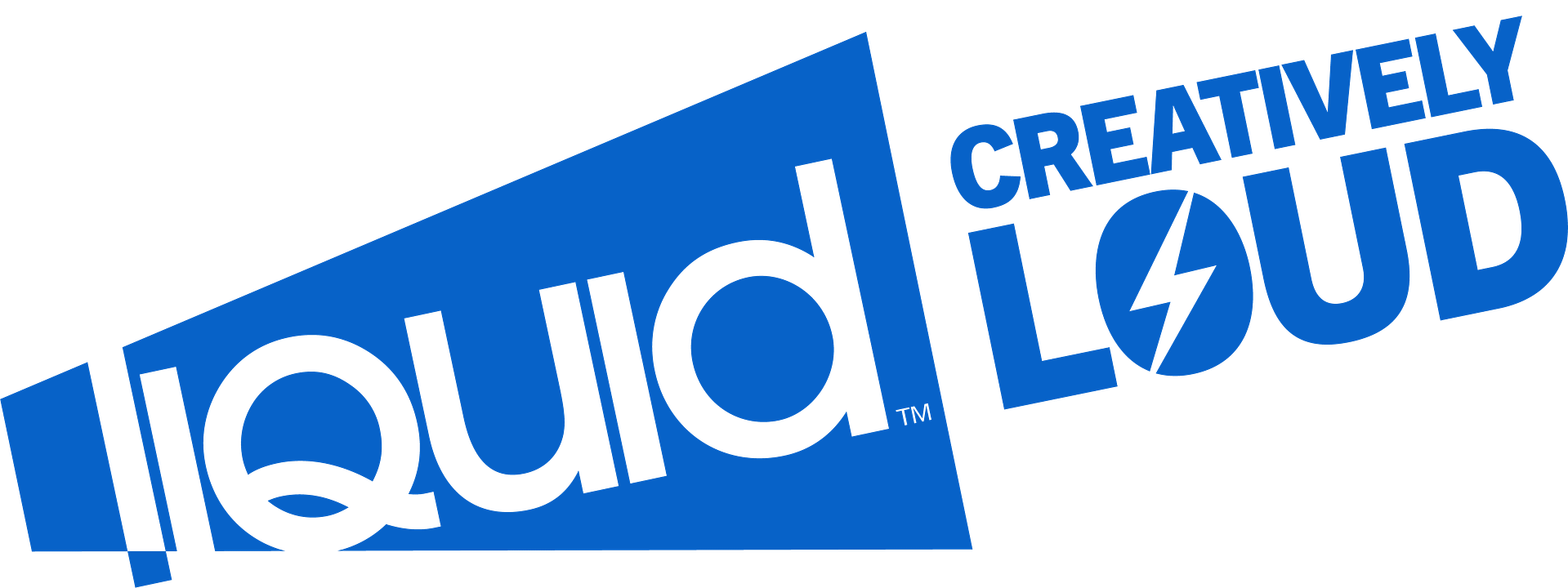The evolution of Twitter: Analysing recent changes and their implications

Since billionaire Elon Musk acquired Twitter for a staggering $44 billion, Twitter has undergone notable changes, not all of which have been positively received.
In this blog, we’ll examine these changes objectively, analyse their impact, and speculate on the future of the platform.
What changes have been implemented?
Over the past few months, Twitter users have experienced changes that have left many frustrated.
Initially, Musk implemented a rate limit of 600 tweets per day, which later increased to 1000. This limit was introduced to address concerns regarding data scraping, a method used to extract information from Twitter using bots and artificial intelligence.
However, the duration of this “temporary” control measure remains unclear, leading to speculation and uncertainty among users.
How does this impact Twitter users?
The sudden implementation of these changes has significantly impacted the user experience on Twitter.
The lack of prior warning caught many off guard, as they were suddenly greeted with a “rate-limit exceeded” message at the top of their feed. This disruption caused frustration, particularly when users refreshed their page and found no new content.
It felt as if Musk was disciplining his users for something they were unaware of. Such alterations to an already well-functioning social media platform have caused an uproar among its regular users.
Consequently, some users have started exploring alternatives like “Threads,” a platform developed by Mark Zuckerberg’s Meta, which many perceive as a suitable replacement for Twitter.
How does Twitter’s competition with other platforms influence its future?
Elon Musk’s concerns about rival Mark Zuckerberg and his platforms are evident. Despite maintaining a cordial relationship for an extended period, it is now clear that the two influential figures harbour a certain animosity towards each other.
Musk’s recent offer of a “cage fight” to Zuckerberg underscores his discomfort with Twitter’s competition. While one advantage Musk holds is that anyone who switches to Threads is likely already a Twitter user, it is important to remember that Zuckerberg also owns Facebook and Instagram.
These established and reliable social media platforms provide reassurance to users considering a transition to Meta, amplifying its appeal.
With Meta’s strong marketing strategies and campaigns, the battle for social media dominance intensifies, leaving Twitter increasingly isolated.
What does the future hold for Twitter?
The future of Twitter remains uncertain. Will it continue to function as a limited news source, or will it eventually return to its previous state?
Given Elon Musk’s influential character, it is likely that the public will cooperate with his plans, as they have often embraced his innovative ideas.
However, it is crucial to engage in deliberation and thought regarding the fate of this platform. While Musk has been known for making impulsive decisions, the trajectory of Twitter will ultimately depend on his leadership and problem-solving approach.
In conclusion, Twitter’s recent changes have triggered a wave of criticism and uncertainty among users. The implementation of rate limits and the lack of transparency in terms of duration have disrupted the user experience.
As the competition between Twitter and other platforms intensifies, users are considering alternatives like Meta’s shiny new toy, Threads, or even smaller players like the open-source Mastodon.
The future of Twitter hangs in the balance, awaiting further actions and decisions by Elon Musk.
The expert’s analysis
Our Head of Social Media, Clare Genner, said:
“If the world of social media didn’t change enough, enter: Elon Musk. We all know all too well the feeling of starting a new job and wanting to make our mark, but I do think he might be going a little far. The reason people loved Twitter – for business and pleasure – was the short, snappy, almost ephemeral nature. Making Tweets thousands of characters changes the whole feel.
In terms of our clients, we are still seeing some successes on the platform but there was – at his initial takeover a least – an influx of people deactivating their accounts. While I don’t think Twitter’s time is up just yet, I do think we need to be looking at alternatives such as Threads and Mastodon rather than putting all of our social media eggs in that little blue bird’s nest.”
Is it time to revisit your social media strategy? As an experienced Birmingham social media agency, we’re perfectly placed to help clients navigate the changing social media landscape. Get in touch with the team today.




